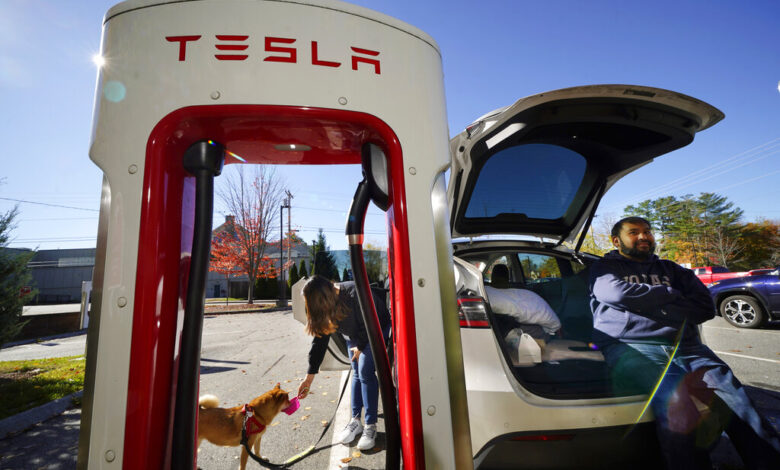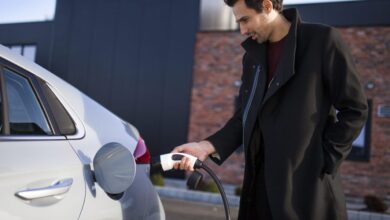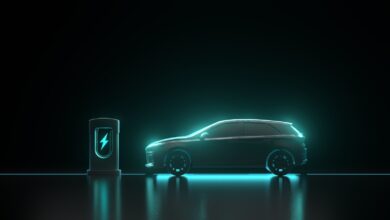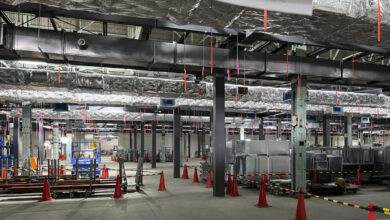Car Dealers Express Doubt About Rapid Adoption Electric Vehicles Despite Government Mandates

American car dealers are not optimistic about the future of electric vehicles, according to a new survey, as those on the ground responsible for selling the cars suggest that the financial burden and customers’ lack of confidence in the new technology will be hard to overcome — all this despite President Biden’s push to have half of all new car sales be electric vehicles by 2030.
The survey was conducted by a research firm, CDK Global, and included 250 participants. Of those 250 poll respondents, 17 percent were on-the-floor managers or store directors, and 83 percent were executive leadership.
“More than three out of five dealers said they were somewhat or very pessimistic about the future of EVs when it came to the health of their business,” CDK Global writes in its report. In total, 65 percent of poll respondents said they were pessimistic about EV sales and the future of the technology.
When asked if they thought electric vehicles could make up half of their sales in the next few years, a majority said they were doubtful it would be that fast — if at all. In total, 30 percent of respondents said it would take 15 years or more for electric vehicles to represent half of their sales, while 25 percent said it would never happen.
Mr. Biden has pushed hard to increase electric vehicle sales during his tenure. In 2020, just around 300,000 new car sales were EVs. By 2023, that number had grown to 1.6 million, according to the International Energy Agency. The figure still represents, however, just ten percent of new car sales.
The president is also moving to try to keep EVs from China out of America’s market in order to protect domestic manufacturers. According to the Wall Street Journal, Mr. Biden is expected to announce a quadrupling of tariffs on Chinese EVs to 100 percent from 25 percent in the coming weeks.
Dealers responding to the CDK survey say the financials for these electric vehicles don’t always make sense for both customers or the dealers themselves. In total, 53 percent of respondents said sales would hurt both front- and back-end gross financials for their own dealerships, while just five percent said the sale would improve the gross financials. None of the respondents said electric vehicle sales will improve back-end gross, and just two percent said it would improve front-end.
“There’s nothing that motivates dealers like the ability to turn a profit and keep their stores open and thriving. And when just 7% of our respondents said that EVs will positively impact their stores’ back- or front-end gross, it’s not surprising that the technology is receiving a frosty reception,” the firm writes in its analysis. “The volume of sales is also likely not helping matters. When asked about the sales impact EVs have at their stores, 41% of respondents said their EV sales volume was 1% or less of their total sales.”
Dealers also told the firm that their customers aren’t concerned about price, but rather the reliability of the vehicles themselves. In total, 62 percent of dealers say their would-be buyers raise concerns about the “range” of the vehicle being too low on a single charge.
One dealer in Montana told CDK Global that living in rural America — where long drives are the norm — just isn’t compatible with electric vehicles at the moment. “We live in a rural area with large distances between towns and we have some ranch customers who cannot recharge in the field. It’s just not a viable alternative” to the internal combustion engine, the dealer said.



